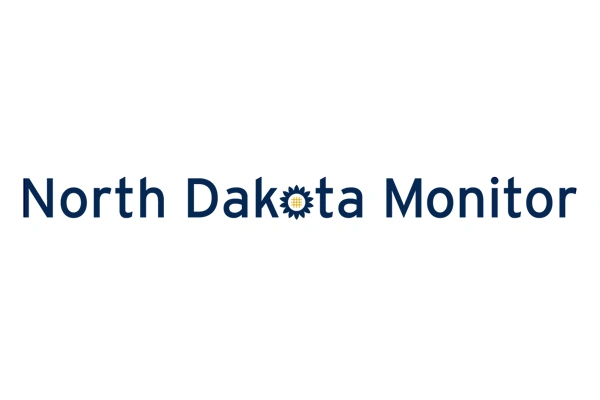Many of the state’s biggest stories from last year — including those related to taxation, abortion and incarceration — remain unsettled. State leaders could reignite public discussion of these issues as early as the 69th legislative session, which starts Tuesday.
Here are five state government stories we’ll be watching this year:
Property taxes
The ballot measure to eliminate property taxes based on assessed value put a spotlight on the property tax issue in 2024. Although it failed in the statewide vote, Measure 4 got the attention of legislators.
Expect several bill drafts related to property taxes in the 2025 legislative session that starts Tuesday. In November, Legislative Council reported it had already received dozens of requests to prepare bill drafts related to property taxes. Gov. Kelly Armstrong has also repeatedly said that property tax reform will be one of his administration’s top priorities.
The state is already taking applications for the second year of the primary residence property tax credit even though a bill authorizing the credit will need to be passed by the Legislature. The program, created by the Legislature in 2023, allowed most North Dakota homeowners to apply for $500 off their 2024 property tax bill.
Abortion
A judge last year struck down North Dakota’s law banning most abortions, declaring it unconstitutional.
In bring a bill this session to allow women to receive abortions for any reason through week 15 of pregnancy in North Dakota. The bill would place restrictions on requests for later-term abortions, including review from committees of doctors.
The state is appealing Romanick’s decision to the North Dakota Supreme Court. The high court has yet to make a final decision on the case.
Summit pipeline
In 2024, Summit Carbon Solutions successfully obtained permits for the portion of its carbon dioxide pipeline and storage area planned for North Dakota. But the Iowa-based company still faces appeals from two North Dakota counties and a group of landowners.
The state’s rules governing underground storage areas, also known as pore space, also are being challenged.
Summit has also received pipeline route permits in Iowa and for a small section in Minnesota, but was denied a permit from South Dakota where the main trunk of the 2,500-mile pipeline network is planned to run. Summit is trying again for a permit in South Dakota, so pipeline opponents and supporters will be watching the state closely this year. If built, the pipeline would connect 57 ethanol plants in five states to the underground storage area in western North Dakota.
Summit calls the nearly $9 billion pipeline the world’s largest carbon capture and storage projects.
Supporters say it will benefit the ethanol industry and the farmers who sell corn to the ethanol plants. Some opponents call it a taxpayer-funded climate change boondoggle and some landowner see it as an assault on property rights.
A portion of property owners along the path of the proposed pipeline oppose the project, and refuse to provide easements to Summit. If Summit and the property owners are unable to reach an agreement, Summit may take the matter to court to seek eminent domain.
Higher education
Bismarck State College, Dickinson State University and Lake Region State College will all be looking for new presidents in 2025, and the North Dakota University System also will be looking for a new leader.
Chancellor Mark Hagerott, who oversees the 11 colleges and their presidents, is stepping down at the end of 2025.
Bismarck State’s Doug Jensen is done Thursday; Dickinson State has been using an acting president since Stephen Easton quit in July; and Lake Region’s Doug Darling will retire at the end of June.
Inmate population
North Dakota’s prison system has been over its capacity for men since July 1, 2023, resorting to using county jails and a waiting list for some prisoners to get into a state facility.
The state Legislature will be asked to address the North Dakota Department of Corrections and Rehabilitation problem in the 2025 session.
Former Gov. Doug Burgum’s budget proposal included $6.5 million into pay equity for corrections employees, $127.3 million for a new 600-resident facility for the Missouri River Correctional Center, and $36.5 million to finish a building project for the Heart River Women’s Correctional Center in Mandan.
Donnell Preskey, a government and public affairs specialist with the North Dakota Association of Counties, said counties are struggling to keep up, too, with several local jail expansions planned.
She said the issue is related to high incarceration costs and property taxes, since property taxes are the primary funding source for jails.




